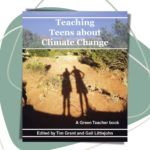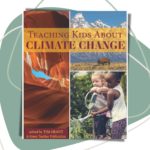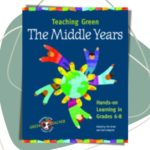Key Terms in Environmental Fields: Establishing a Foundation
An activity that helps high school students correct the misconceptions associated with key terms from environmental science and related fields. The activity engages, identifies and clarifies students’ understanding of basic definitions of these terms.




















